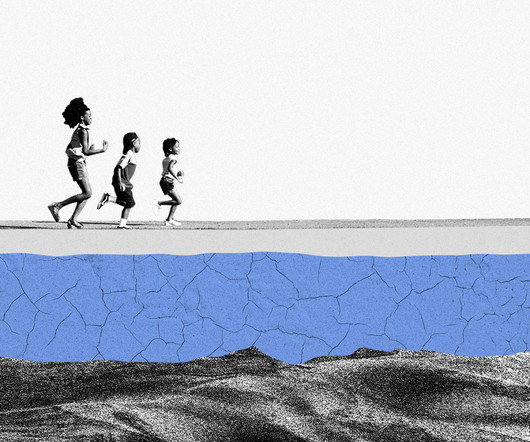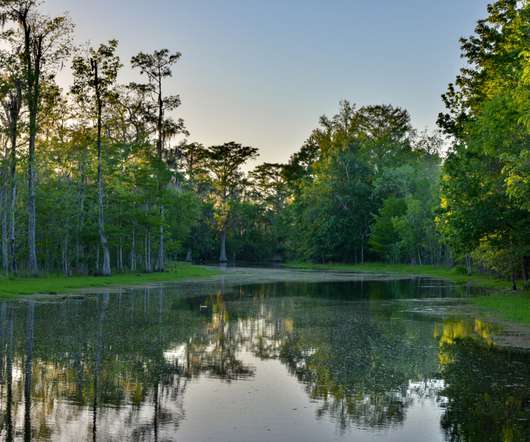Rising groundwater levels are threatening clean air and water across the country
Grist
MARCH 29, 2023
Within the cracks of rock slabs, sand, and soil, this water sinks, swells, and flows — sometimes just a few feet under the surface, sometimes 30,000 feet below. Trees are drowning as the soil becomes soupier , starving their roots of oxygen. West Oakland, California Grist / Getty Images Oceans do not stop where the sea meets the shore.













Let's personalize your content